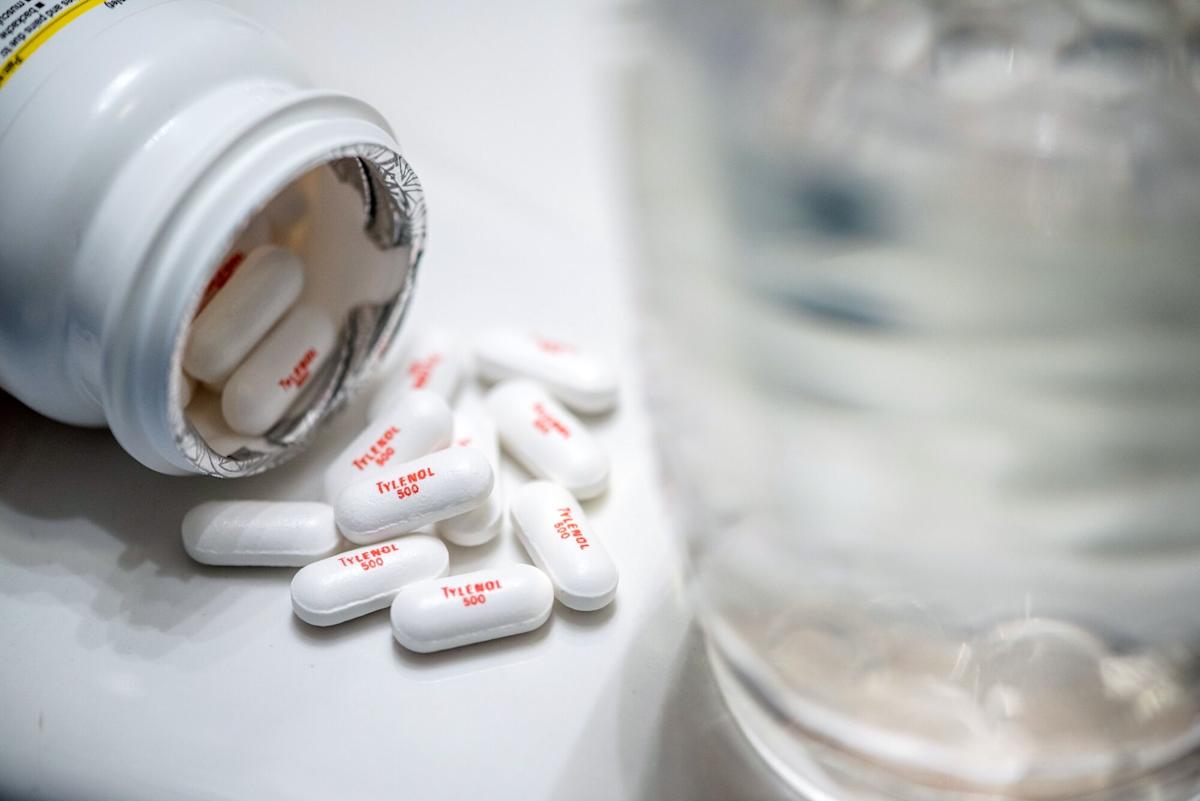Scientists Rebuke Trump’s Tylenol-Autism Claim, Stress Fever Is Bigger Danger in Pregnancy
(Bloomberg) — President Donald Trump’s call for pregnant women to avoid Tylenol is drawing sharp criticism from researchers who say the advice ignores decades of evidence and could endanger mothers and babies.
At a White House event Monday, Trump linked acetaminophen, the active ingredient in Tylenol, to autism and encouraged women to tough out fevers. The remarks, made alongside health secretary Robert F. Kennedy Jr. — a longtime critic of mainstream medicine — rattled doctors and drugmakers.
Most Read from Bloomberg
Mady Hornig, a New York physician-scientist who has studied pregnancy-related risk factors for autism and attention deficit hyperactivity disorder for 25 years, said the White House’s message misrepresents the science around acetaminophen, which is also known as paracetamol in Europe and elsewhere.
“It seemed like they had indicated that there was evidence that prolonging a fever is a good thing,” Hornig, a visiting scientist at the Feinstein Institutes for Medical Research, Northwell Health, said in an interview. “It’s astonishing misinformation.”
Trump and Kennedy have both sought to challenge health guidance and practices, sometimes relying on cherry-picked evidence. The US leader also has a record of promoting unfounded medical theories.
The American College of Obstetricians and Gynecologists called the latest advice on acetaminophen “irresponsible,” while the American Academy of Pediatrics also said misrepresenting science does a “disservice” to autistic people. The UK’s Medicines and Healthcare Products Regulatory Agency said there’s no evidence that paracetamol causes autism and said it remains safe during pregnancy.
Genetic Risk
Hornig’s research, based on the Norwegian Mother, Father and Child Cohort Study of over 100,000 families, found that moderate or high fevers in pregnancy were linked to elevated autism risk, especially in the second trimester.
“We found that there was about a 40% increased risk of autism without acetaminophen,” she said. “That went down substantially with the use of acetaminophen.”
She stressed that fever itself, not a single drug, is a key factor.
“It’s clear that unmitigated fever, particularly where it is of a moderate level or higher, is something that has an impact on offspring to increase risk of autism,” she said. “To allow women to have even a modest fever during pregnancy, which in and of itself can potentially cause damage and is associated in many studies with risk, is very worrisome.”



Leave a Comment
Your email address will not be published. Required fields are marked *